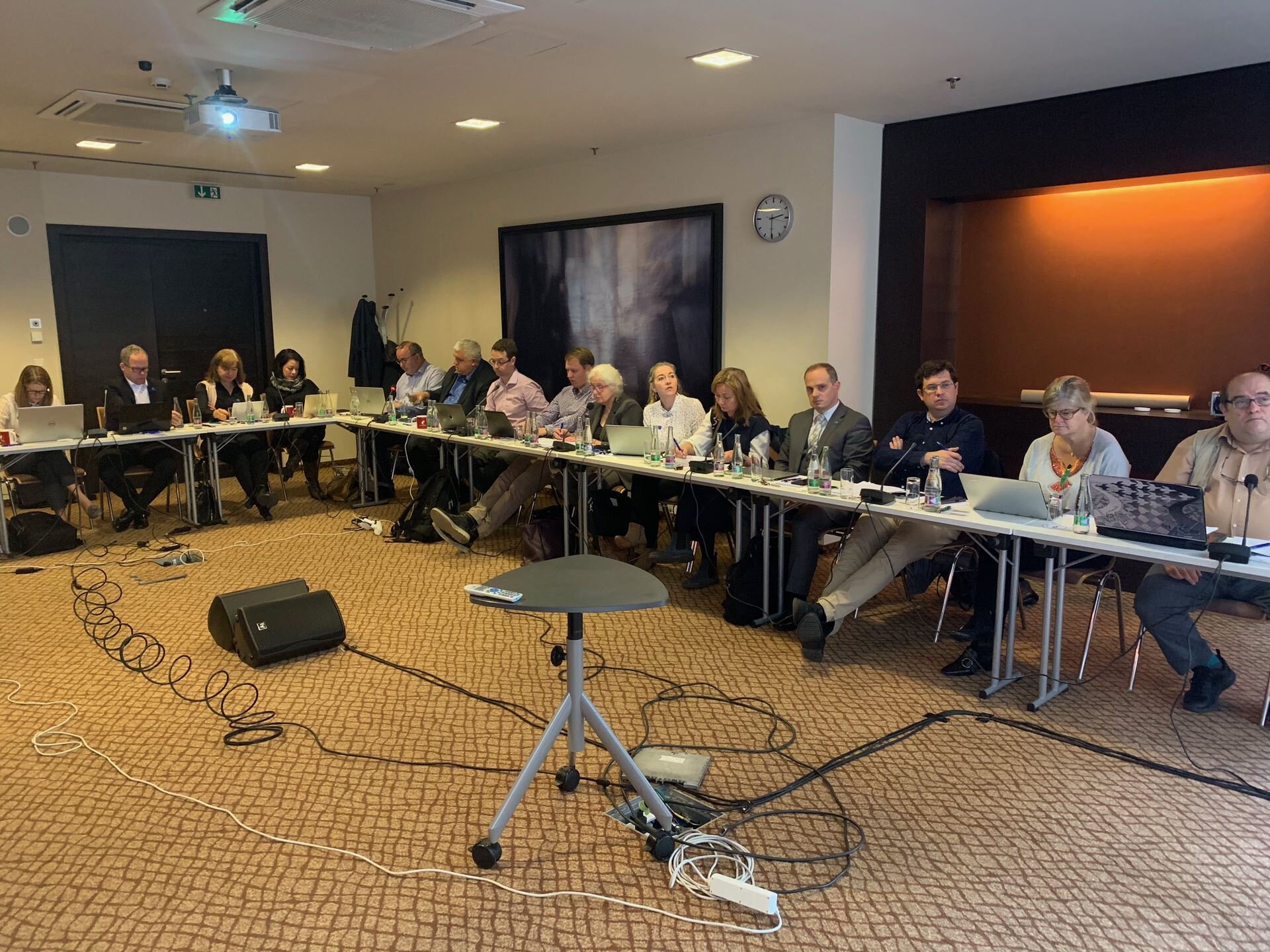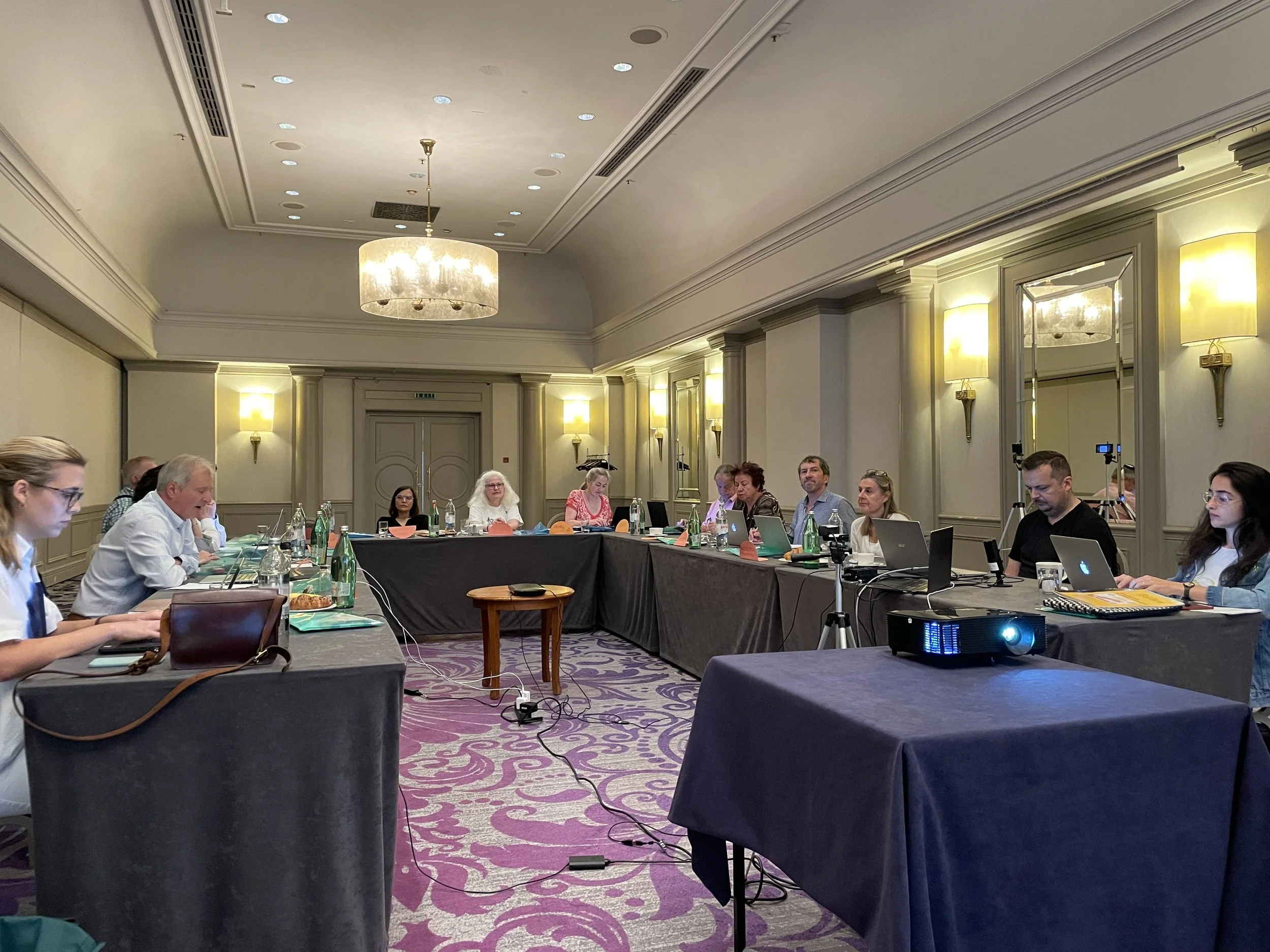
About us
The purpose of the UEMS Section of Psychiatry is to promote the highest standard of care for people who are affected by mental health problems in Europe through postgraduate training and continuing medical education of psychiatrists.
1958
The Union Européenne des Médecins Spécialistes (UEMS) was established more than 50 years ago, on 20 July 1958, a year after the Treaty of Rome was signed. All recognised specialities were invited to set up arrangements for their representation in the Councils of the European Union and a central management council was located in Brussels.
1990 - 1992
Psychiatry was initially slow to respond and the Section for Psychiatry was established in 1990. The Board was established in 1992 and in 2012 these were merged into one body to ensure that training and professional development remained at the core of business.
1993
The Child and Adolescent Psychiatry established a separate Section and Board in August 1993.

Each National Medical Association in the European Union is asked to identify two senior representatives. Meetings are held twice per annum in a different member state location.
The formal agendae are usually preceded by a day of presentations on national practice and organisation and a visit to local psychiatric services. There is particular focus on training and especially trainee experience. This element of the meeting allows each host organisation in rotation the opportunity to demonstrate achievements and to discuss concerns relating to training and professional practice with a representative body of colleagues with international perspective. This is often valued by the host in support of change and development of training and services in subsequent negotiation with local managers, academic departments, government and other agencies.
The Section meetings which follow take a standard agenda format with some allocation of time for the operation of working groups. These groups focus on topics on which the committee wishes to formulate a statement from a pan-European perspective. They usually also entail work between meetings. The Standing Committee on Training, responsible for leading the Section’s work on setting standards for training and quality assurance, also meets at this time.
Reports produced by the Section can be located on this website and illustrate recent areas of interest.

